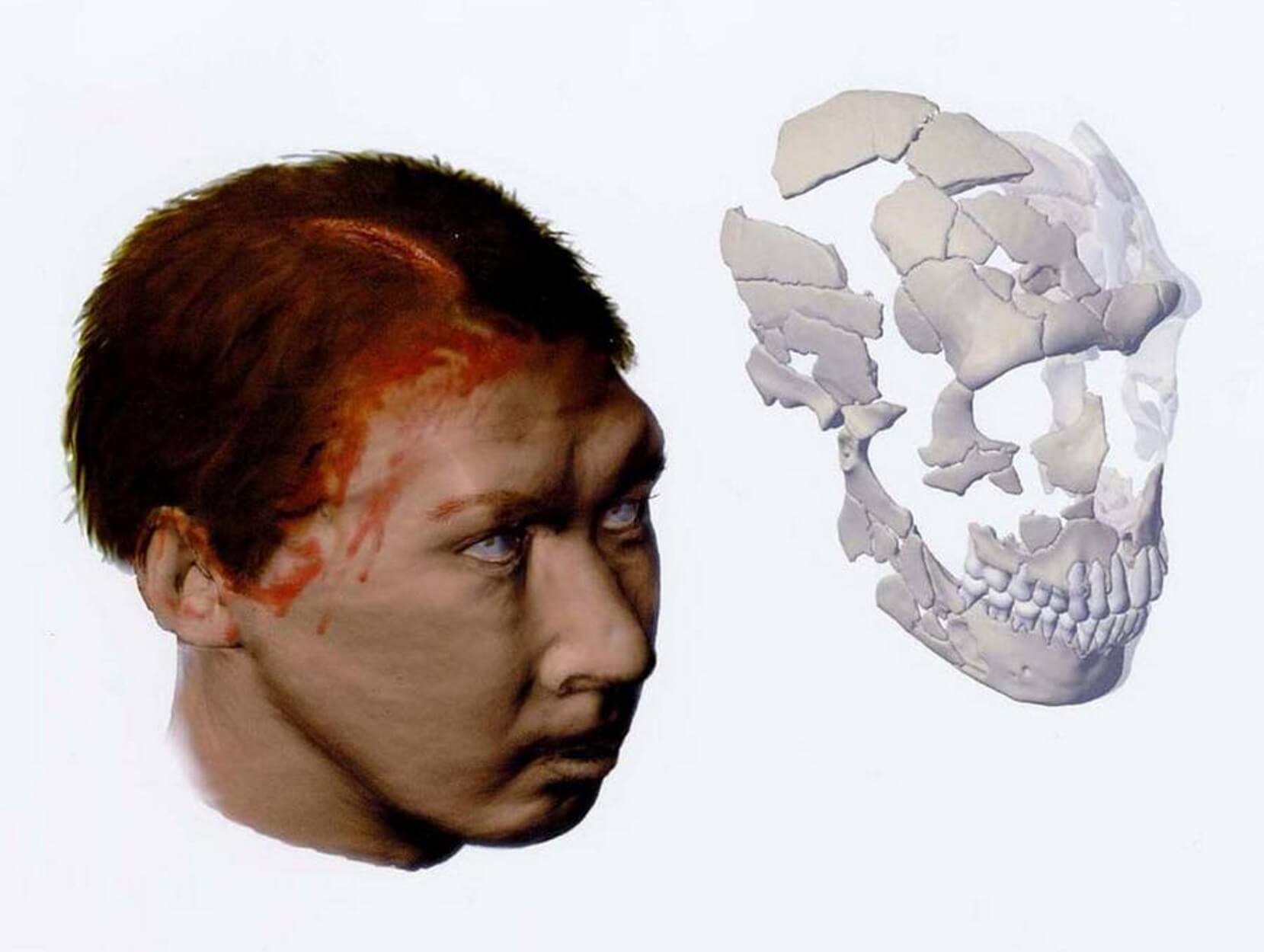A key genetic mutation has been discovered that dramatically increased the number of neurons in our ancestors’ brains.A wise man) in relation to them Neanderthal.
According to a new German scientific research, a crucial gene mutation caused the brains of the ancestors of modern humans (Homo sapiens) to produce significantly more brain cells (neurons).
Advertising
The major genetic mutation occurred around 500,000 years ago when Homo sapiens and our Neanderthal “cousins” were roaming the world!
This mutation may have given the ancestors of Homo sapiens a cognitive-psychological advantage over Neanderthals.
Advertising
Significant mutation in the TKTL1 gene
Researchers from two Max Planck Institutes (Molecular Cell Biology & Genetics in Dresden and Evolutionary Anthropology in Leipzig), who made the relevant publication in the journal “Science”, identified a significant mutation in the TKTL1 gene, which regulates a protein. To develop the fetal brain.
The mutation, which changed an amino acid (a building block of proteins), resulted in a protein different from that of Neanderthals and apes, favoring the proliferation of brain neurons, particularly in the neocortex, the seat of cognitive functions.
The researchers introduced the mutated human TKTL1 gene into the brains and organoids (mini lab brains) of embryonic mice, confirming that it triggers the development of more nerve cells (glial ciliary cells), the precursors of neurons. In contrast, the Neanderthal non-mutated version of the gene significantly slowed neuronal growth.
“Accidental mutation with major impact”
“This is an unexpectedly important gene. It sheds a new light on human evolution,” said neuroscientist Arnold Kriegstein of the University of California, San Francisco. Lead researcher Willand Hüttner said it was a “random mutation with huge consequences”. “Creating more neurons sets the stage for higher cognitive function. We think this is the first convincing evidence that modern humans were cognitively superior to Neanderthals,” he added.
“Although we don’t know how many neurons the Neanderthal brain had, we can now hypothesize that modern humans have more neurons in the forebrain, where TKTL1 activity is higher than in Neanderthals.”
The fossil record shows that the brains of humans and Neanderthals were roughly the same size, meaning that the human neocortex was either denser or took up a larger portion of the brain. Homo sapiens and Neanderthals diverged evolutionarily about 400,000 years ago, with our ancestors staying in Africa and our “cousins” moving to Europe.
When Homo sapiens met Neanderthals
About 60,000 years ago the mass migration of what is now Homo sapiens to our continent brought the two species face to face once again and led to admixture, resulting in modern humans of non-African ancestry with 1% to 4% DNA from Neanderthals. . The latter disappeared about 30,000 years ago, and how and why this happened remains a mystery (and how much of a hand Homo sapiens had).
“It is a fact that wherever Homo sapiens went, it outran the other species that were there. Neanderthals existed in Europe long before us and could have adapted to their environment, including pathogenic microbes. The big question is why we were able to outrun them,” said Professor Laurent Nguyen of the University of Liège.
One possible explanation is that our ancestors proved to be mentally superior, and the new study seems to bolster that theory. Professor Chris Stringer of London’s Natural History Museum described the new research as “groundbreaking” because it begins to shed light on one of the central mysteries of human evolution: why today – despite many human species in the past – there is only one. Homo sapiens remains.
Source: APE – MEB
Also read this

Prone to fits of apathy. Unable to type with boxing gloves on. Internet advocate. Avid travel enthusiast. Entrepreneur. Music expert.



